Let me set the record straight: It is hard. It is very hard.
During my time in critical care, I have done the unimaginable. I have seen children who were beaten by a family member to the point that they were brain dead and have still had to treat that family member with respect while they were in the room with the child they abused. I have placed intravenous lines into children, teens, and adults where you never thought a catheter could go. I have placed probes inside of toddlers’ skulls, given medication to sedate adults and teens who were unsafe to themselves, and have pushed so hard on patients’ chests doing CPR to save their lives that I cracked their ribs.
As a critical care worker, what you see daily, changes you. I’m hardly alone when it comes to these experiences. I come from a military family and I often compare the war zone I have encountered in critical care to war zones for soldiers.
Critical care clinicians are unsung heroes who go to battle every day, despite those patients we can’t save. What keeps us coming back are the ones we do save.
Through the ups and downs in critical care medicine, one thing has remained the same: we are never alone. My team has always been by my side supporting me, teaching me, helping me, and sharing in the trauma of caring for complete strangers.
Nonetheless, critical care workers are all too human. Our constant exposure to pain, suffering, and death exacts a severe toll over time, even as we are conditioned to greet grief with a smile. Some studies indicate a relationship between the effects of cumulative grief in medical workers and profound stress and burnout.
The grief felt by critical care workers is manifested in many ways. Yet many may feel awkward expressing their grief, so they suffer in silence. Some even leave healthcare altogether.
How can clinical caregivers ease the corrosive effects of grief on their lives? We must start by consciously taking better care of ourselves, because self-care is the most proactive and responsible step we can take.
Here’s a list of simple but effective ways medical workers can reconnect with and replenish themselves:
- Be kind to yourself
- Recognize that you need to rest, eat, exercise, etc.
- Spend time on things that bring you joy
- Talk it out/express yourself to someone you trust
- LAUGH
- Make time to acknowledge the work you do day in and day out
- Breathe
- Shower
- Get fresh air
- Let light into your life
Families, friends, and colleagues of clinicians struggling with grief also can help by acknowledging what they are going through and offering support. Indeed, talking with coworkers who understand these experiences and emotions is one of the most powerful strategies for clinicians to cope with grief.
I have never been prouder of where I work and who I work alongside. I will never find the words to express how much I respect my team and the work they do. My colleagues are amazing.
What we have been through and continue to go through is a gift. To care for someone fighting for their life and to have an impact on that life is something none of us take lightly. There is so much heartache in critical care, but alongside that ache in your heart you smile to yourself knowing good things happen as well.
So, when you hear where I work and what I do, when you cover your mouth in shock and say, “It takes a special person to work in a place like that,” I want you to know the truth.
You are right. It does.
It has been the most heart-wrenching and stressful job I have ever encountered through my 22 years in healthcare. It also has been the most rewarding, life-fulfilling and stimulating job I have ever had.
15% Off Medical Practice Supplies
VIEW ALL
 Manual Prescription Pad (Large - Yellow)
Manual Prescription Pad (Large - Yellow) Manual Prescription Pad (Large - Pink)
Manual Prescription Pad (Large - Pink) Manual Prescription Pads (Bright Orange)
Manual Prescription Pads (Bright Orange) Manual Prescription Pads (Light Pink)
Manual Prescription Pads (Light Pink) Manual Prescription Pads (Light Yellow)
Manual Prescription Pads (Light Yellow) Manual Prescription Pad (Large - Blue)
Manual Prescription Pad (Large - Blue)__________________________________________________
Appointment Reminder Cards
$44.05
15% Off
$56.30
15% Off
$44.05
15% Off
$44.05
15% Off
$56.30
15% Off
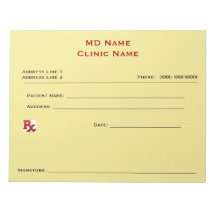
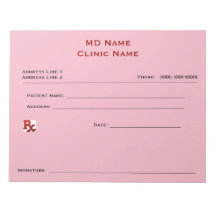
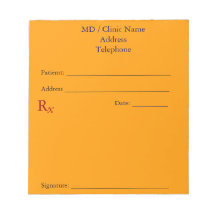
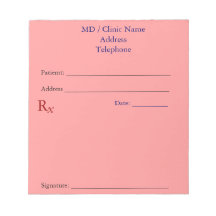
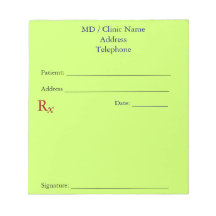
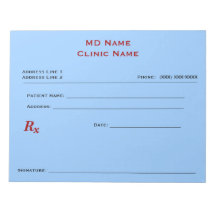
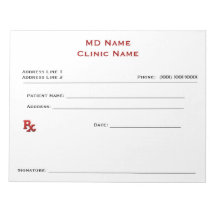
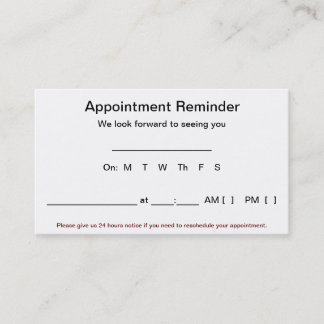
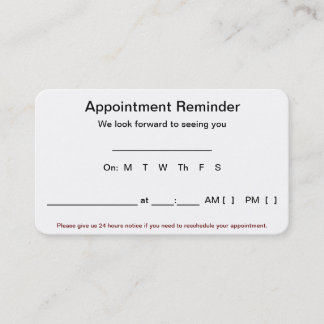
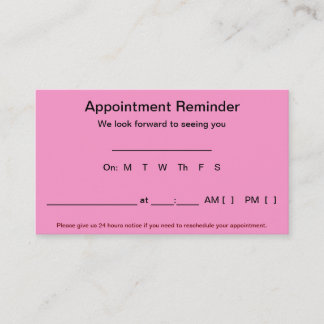
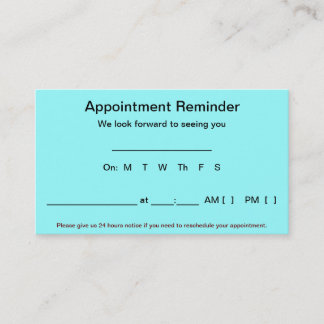
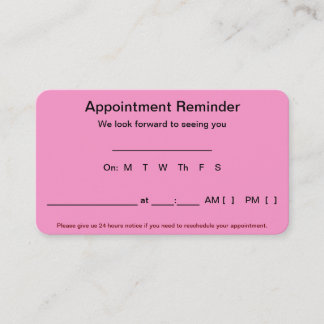
Writing a top quality assignment is no a rocket science. All you need an expert who can write it proficiently. We have a team of top Assignment Help Online writers who can provide you the best service.
ReplyDelete